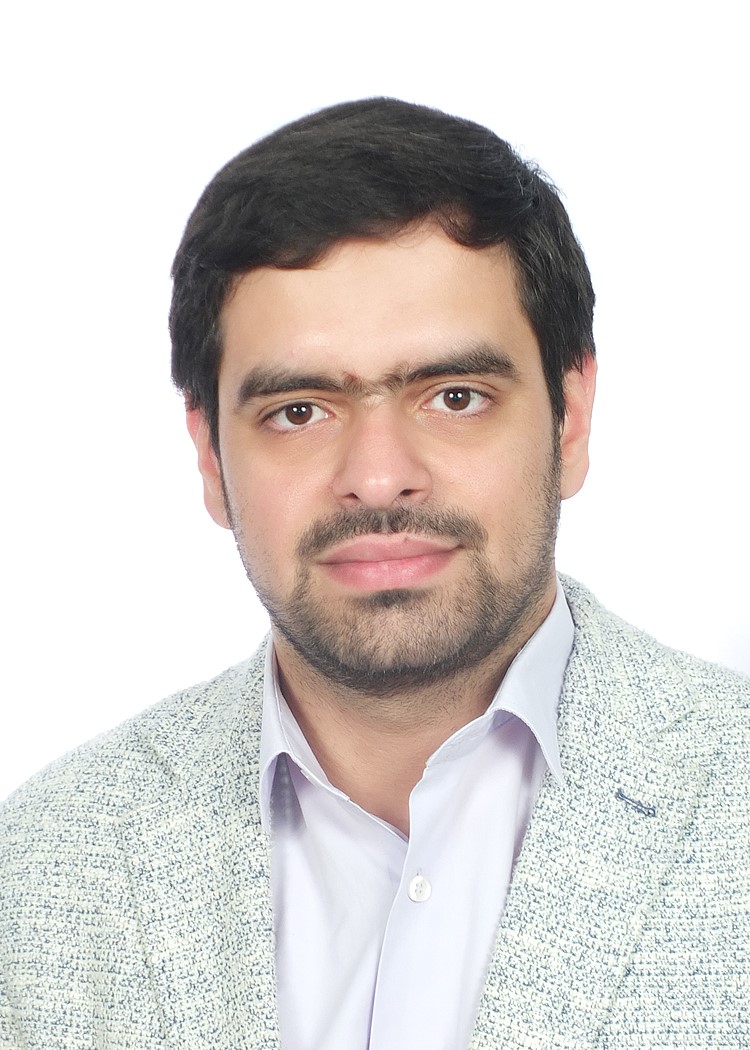ما إن تفشى الوباء الجديد في الصين حتى بدأ الفزع والهلع يطال الجميع، لكن الذي رسخ هذه الحالة هو عدم فهم الكثير من الصحفيين لماهية المرض الجديد، أو ما هو الخطر الكامن وراءه. لذلك، نشرت الكثير من التقارير الصحفية المتضاربة، وباتت وسائل التواصل الاجتماعي تعج بقدر كبير من الأخبار بل والنصائح الطبية المختلفة وأغلبها لم يكن صحيحا بالمرة.
ومنذ اللحظة الأولى كان لزاما على جميع الصحفيين البدء بوضع خطة تحريرية لمواجهة الطلب المتزايد على المحتوى المتعلق بفيروس كورونا وشح المعلومات في المقابل، وهو ما تعرضنا له في مجلة نقطة العلمية على سبيل المثال حيث انهالت علينا عشرات الأسئلة من الجمهور حول الموضوع.
"الفخ"
تسعى جميع المواقع الإخبارية أو مؤسسات المحتوى للسرعة في نقل المعلومة، وهو ما يجعلها متميزة أمام جمهورها الباحث عن المعلومة السعية، وهذا لا ينطبق على المواضيع الصحية فقط، بل يمكن أن يشمل باقي الميادين الأخرى.
لكن شح المعلومات المتوفرة حول المرض، حتى من أكبر المراكز البحثية حول العالم تجعل التسرع في نشر الأخبار فخًا حقيقيًا للكثير من الصحفيين، ومن هنا بات إحداث التوازن بين سرعة نقل المعلومة والتأكد من صحتها أمرا ضروريا للغاية.
فخ آخر تسببت به الأخبار العاجلة هو التهويل الذي أًصاب الجمهور بالهلع الشديد أثناء متابعة الأخبار. فعند الاطلاع على أي شاشة إخبارية عربية أو أجنبية، أو الاشتراك في مجلة عبر الإنترنت، سيصلك في اليوم الواحد كم كبير من الأخبار عن حالات الإصابات المتكررة في الصين وإيران وإيطاليا وبلدان أخرى ونفس الكم من الرسائل عن حالات الموت مما يؤدي إلى ضغط على نفسية المتلقي.
في الغالب، يجب ألا أقلق وأنا أعيش في الأردن على سبيل المثال من حالة جديدة ظهرت في بيلاروسيا، ولكن السياق العام يظهر الخبر العاجل لأول إصابة في هذا البلد وكأنها تمسني بشكل شخصي. وهكذا توالت الأنباء من دول مختلفة بإصابة هنا أو موت هناك مما يدفع الناس إلى بناء تمثلات عن المرض قد لا تكون حقيقية.
لابد من بعض الأمل
بعض وسائل الإعلام حاولت أن تتفادى السقوط في هيستيريا الأخبار العاجلة، حيث استعانت بالمختصين والأطباء للتوعية بسبل الوقاية من تفشي الفيروس تمثلا لدوره التثقيفي.
هذا بالذات، ما اعتمدناه في مجلة "نقطة" العلمية، إذ شرعنا من الوهلة الأولى بتخصيص ملف للحديث عن فيروس كورونا آخذين بعين الاعتبار الأسئلة المتواترة عن طبيعة الأطعمة التي تعزز مناعة الجسم ضد فيروس كورونا.
تبين من خلال التواصل مع عدد كبير من الأطباء وعلماء الأوبئة أن الهلع والذعر مرده الأساس إلى الوعي بأن هناك ضعف في مناعة الجسم، ولذلك حاولنا أن نبث نوعا من الأمل لدى الناس بدل نشر صورة سلبية بالكامل عما يجري.
المشكلة في تقديري تتأتى من التقارير الصحافية التي تتحدث عن عدم القدرة عن السيطرة على المرض، الأمر الذي يفضي إلى ما يسمى بـ"الالتهاب العاطفي" الذي يؤثر على الصحة الجسدية والنفسية والعاطفية للمتلقين.
لا نريد القول، بأي حال من الأحوال، إن الفيروس ليس خطيرا ويجب أن نطمئن أن لا شيء سيقع، لكن يجب على الصحفي وهو يحرر مقالاته أن يوازن بين خطورة المرض وبين الأخبار الكاذبة التي تنشر عنه.
ثمة نقطة غاية في الأهمية أريد أن أشير إليها ترتبط بتعمد بعض وسائل الإعلام إلى التذكير ببعض الأوبئة السابقة التي سحقت البشرية كالحديث عن طاعون عمواس أو الحمى الإسبانية أو غيرها من الأوبئة التي قتلت عددا لا حصر له من سكان العالم.
إثارة هذه المواضيع يمكن أن يكون من زاوية أخرى غير التي تسوق في الوقت الحالي وهي أن النظام الطبي تطور بشكل غير مسبوق وبالتالي قدرته على مواجهته وهو ما لم يكن متاحا في السابق. كما أن وسائل الاتصال والتكنولوجيا المتطورة التي تستعمل اليوم في محاولة لاحتواء المرض، لم تكن متوفرة في الماضي، لكن للأسف بعض وسائل الإعلام لا تنتبه إلى ذلك.
داء الأخبار الكاذبة
الداء الكبير الذي يهد الصحافة اليوم يتمثل في الأخبار الكاذبة والإشاعات التي صارت ظاهرة ملازمة للأزمات الكبرى والغريب أن جزء منها يحبه الجمهور، مثل القول إن الفيروس أنتج في مختبرات الصين أو الولايات المتحدة الأميركية.
ورغم أن العلماء من مختلف دول العالم تحدثوا أن الوباء لم يصنع في المختبرات، إلا أن المقالات التي تحدثت عن الموضوع حصدت أكثر القراءات خاصة بعد تصريح مسؤول صيني عن إمكانية أن تكون الولايات المتحدة الأميركية قد أرسلت الفيروس إلى الصين دون التوفر على دليل يصمد أمام العلم.
الإعلام العربي، عليه أن يكون ذكيا وقت الأزمات، وكي يربح معركة المهنية، يجب أن يأخذ بعين الاعتبار دائما المصلحة العامة.
* الصورة: إيمانويل كريماشي - غيتي.




















![Palestinian journalists attempt to connect to the internet using their phones in Rafah on the southern Gaza Strip. [Said Khatib/AFP]](/sites/default/files/ajr/2025/34962UB-highres-1705225575%20Large.jpeg)




















